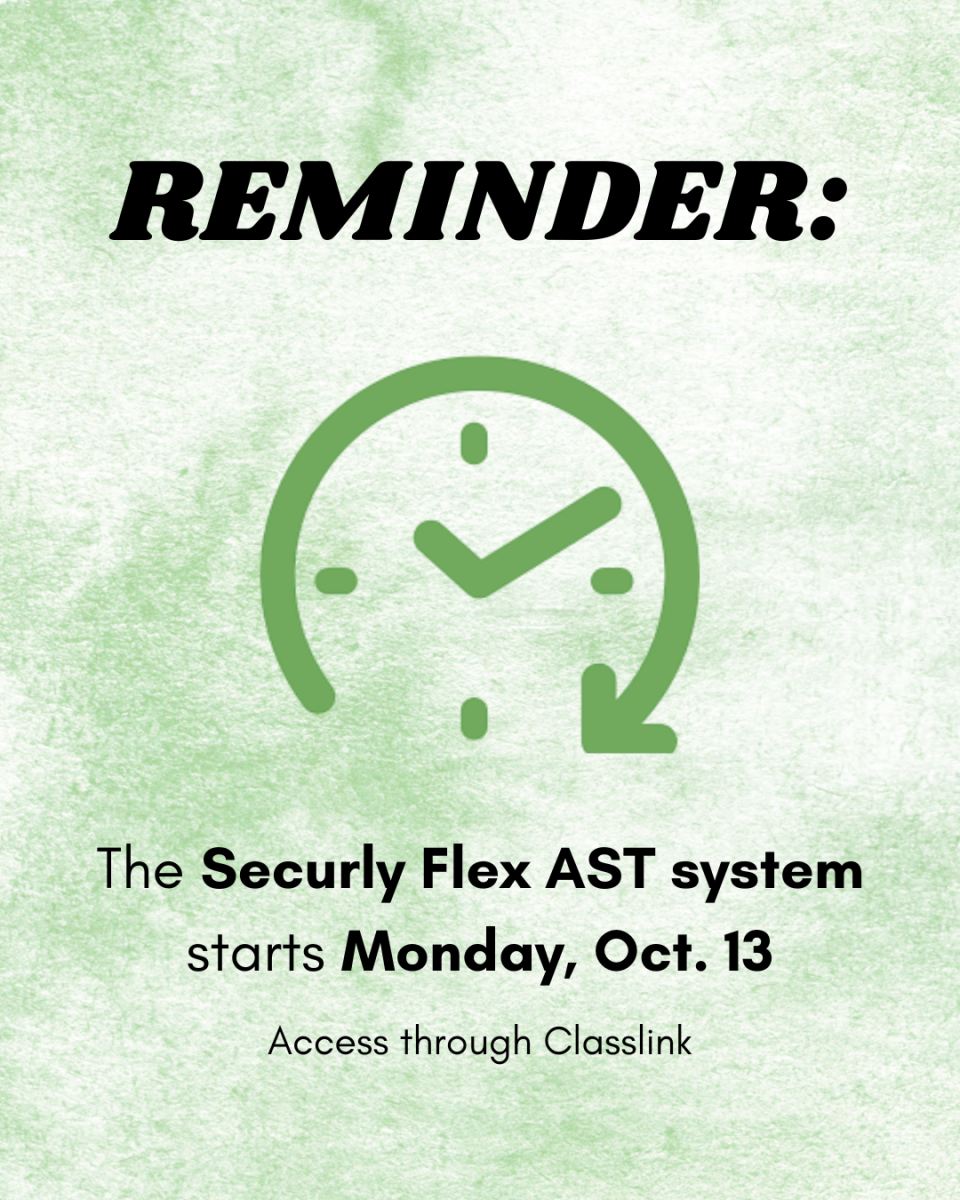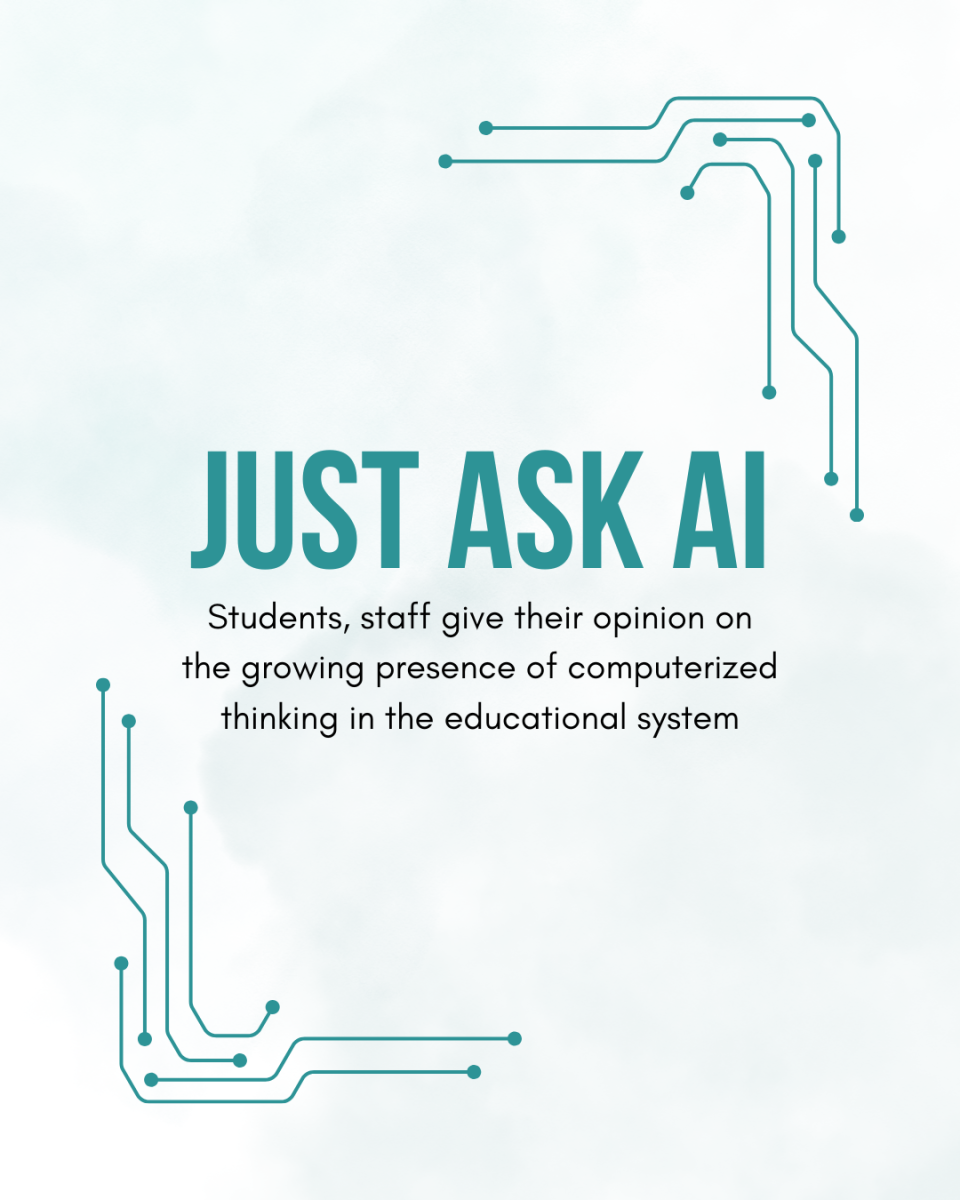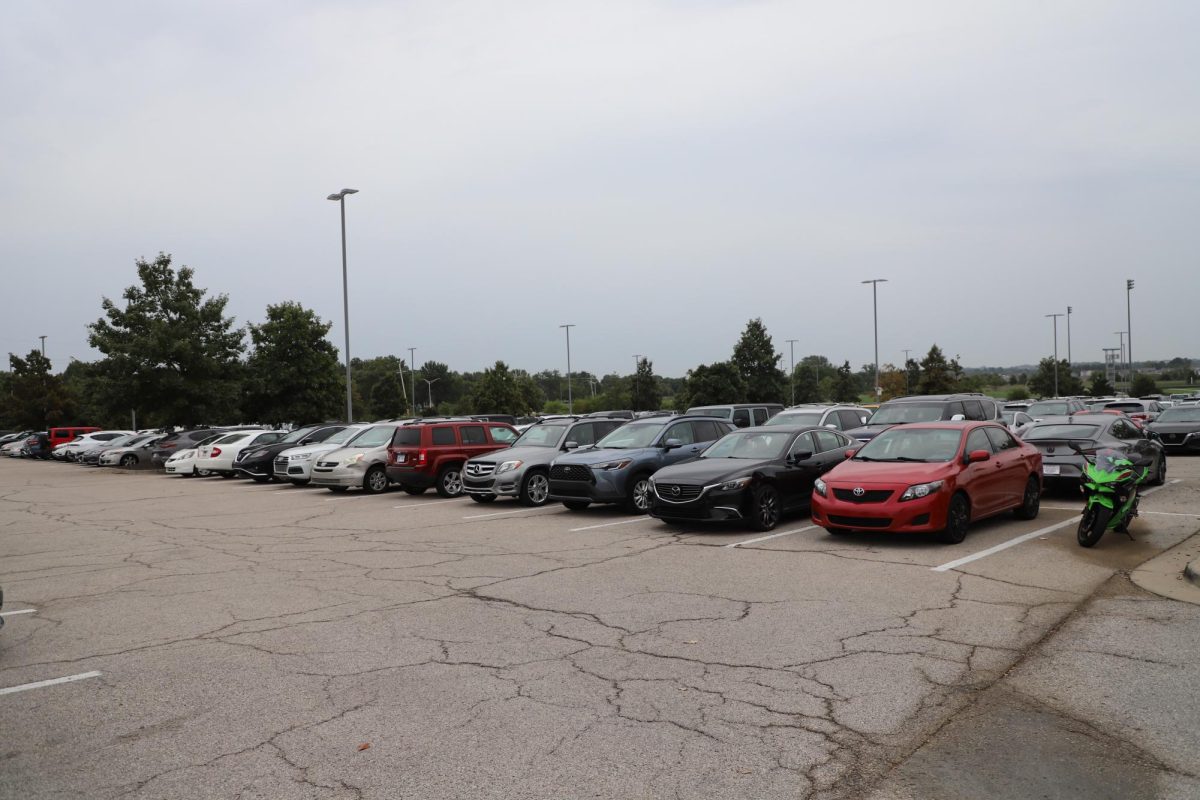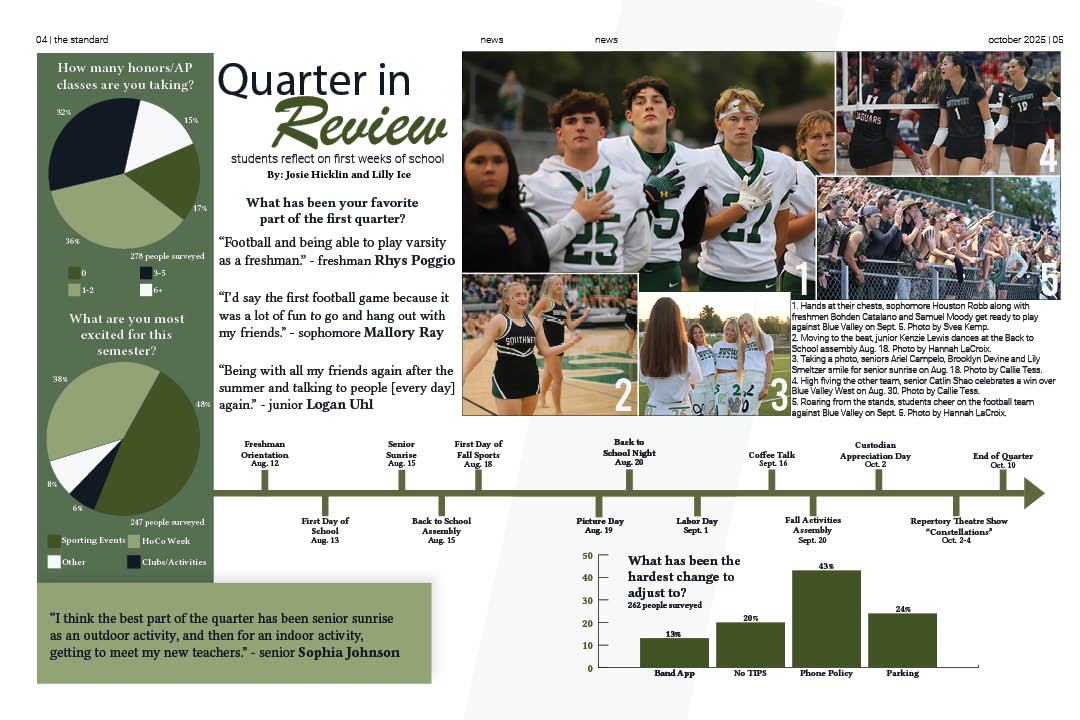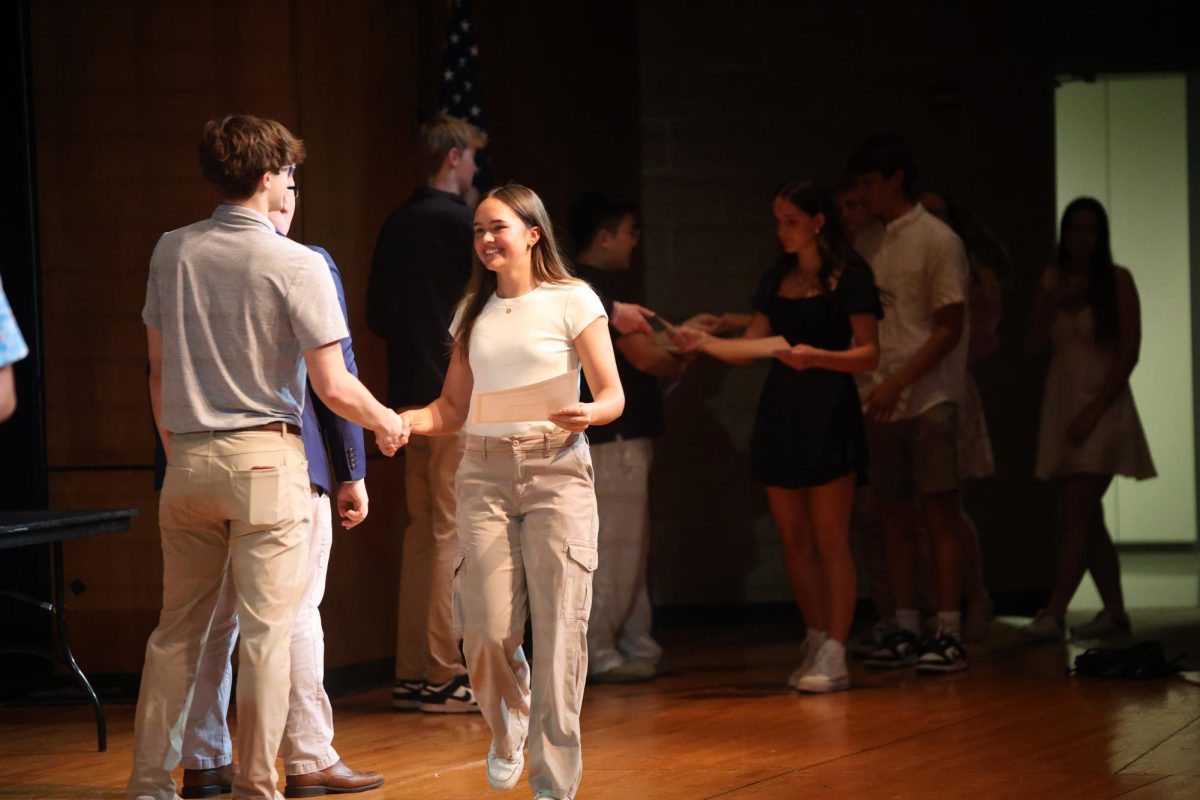Despite losing the previous sponsor, Youth Court will continue at Southwest this year. Campus Police Officer, Lance Balderston, will now be in charge of the club. Cases will take place during designated late arrival mornings.
Youth Court is a unique opportunity for both high school students and first-time juvenile offenders. First-time misdemeanors include theft, vandalism, assault, trespassing and school disciplinary issues. When a minor is charged as guilty, a juvenile court judge will generally present them with two opportunities. The first is a juvenile correction facility and the second is Youth Court.
This innovative, youth-led court room allows delinquents to be evaluated and sentenced by their peers in a confidential trial. The judges, lawyers, bailiffs and jury of Youth Court are all under 18 years of age, and will ultimately all contribute to the sanctions decided for each defendant. Junior Hersh Ellis is a defense attorney in Southwest’s Youth Court.
“As a part of Youth Court, I work as a Defense Attorney. I wish I could tell you about specific cases, but all information is strictly confidential,” Ellis said. “I have a few meetings with the person I’m defending, as well as possible people I could call to the stand as witnesses. Then, when we get to the trial, it is run exactly like a court proceeding.”
Although they act in the general way of a true court room, Youth Court does have some restrictions. Because the offender has already admitted involvement in the crime, the Youth Court jury only decides the sanctions and cannot debate over guilt or innocence. The jury also has restrictions on their sentencing; varying hours of community service, essays and apology letters, educational workshops, restitution or any combination of the four are some of the most common rehabilitation programs, but jail is never an option.
By using peers to evaluate other peers, the National Associate of Youth Courts (NAYC) attempts to influence first-time offenders to take responsibility for their actions and instill in them a sense of their usefulness to the community. Youth Court does not ‘punish’, but rather attempts to rehabilitate by promoting giving back to the community and taking steps to prevent further destructive behaviors
“Youth Court is different than all other clubs at school because we are 100 percent doing something that benefits the community,” Ellis said.
The club lets Southwest students participate in a life-like court room set-up, giving them experience in the legal field and the ability to see how each position in the court room plays a roll in the outcome of a trial. The judge presides over the case and responds to the attorneys’ objections. After the attorneys prepare and present cases, the jury must deliberate to reach a final verdict. Each position in the court room requires adequate training.
“[Youth Court] is also different [from other Southwest clubs] because you can’t just say half way through the year ‘I want to be a judge for the case next week’ unless you go through the training that we have twice a year,” Ellis said.
Cases at Southwest involve Southwest offenders, so students in Youth Court play a real roll in giving fair sanctions to help fellow classmates.



